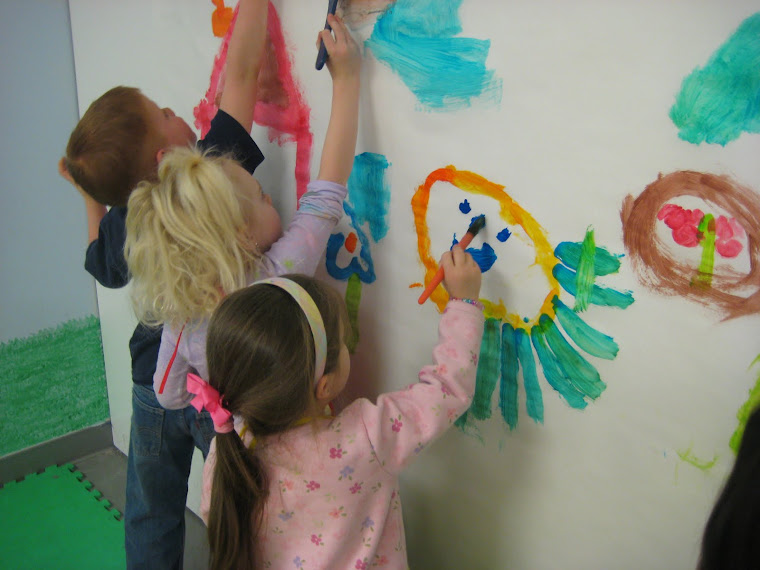
Exposing your child to a second language young allows a child to optimize his or her learning potential, helping to shape the brain at its most flexible stage. Young children are uniquely suited to learning a second language. Learning a second language at a young age is cognitively as easy as learning a first language.
Young children can acquire native-like fluency as easily as they learned to walk. Where adults have to work through an established first-language system, studying explicit grammar rules and practicing rote drills, the young kids learn naturally, absorbing the sounds, structures, intonation patterns and rules of a second language intuitively, as they did their mother tongue. The young brain is inherently flexible, uniquely hard-wired to acquire language naturally.


One of my favorite part of our preschool day is creative arts. I enjoy singing with the children, I like to surprise them with new songs and finger plays. I like to use visual aids which help the children understand better what we are singing. The nicest part is that they sing and repeat the words in Spanish.I love when they say " Hola, Miss Aymee, buenos dias".
ReplyDelete